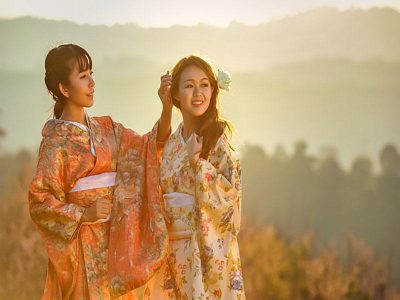Vintage Dress Form Recreating the 1920 Dhoti Dress
Vintage dress forms are a treasure trove of inspiration for recreating iconic looks from past eras. One such look is the 1920s Dhoti dress, a style that exudes elegance and sophistication. By studying the silhouette and details of this vintage dress form, we can bring this timeless fashion statement back to life with a modern twist. Let’s delve into the world of vintage fashion and explore the beauty of the Dhoti dress from the 1920s.
Table of Contents
dress form
A dress form, also known as a dressmaker’s dummy or tailor’s mannequin, is a vital tool in the world of fashion design and clothing construction. These specialized mannequins come in various shapes and sizes to accurately represent the human body and are used by designers and seamstresses to create garments that fit well and look flattering.
Dress forms are typically adjustable, allowing them to be altered to match specific measurements or body types. They are often covered in a fabric that mimics the texture and drape of real clothing, making it easier for designers to visualize how a garment will look when worn. Some dress forms even come with collapsible shoulders or removable arms, allowing for even more customization.
In addition to being a valuable tool for creating clothing, dress forms are also used for displaying garments in retail settings. They provide a realistic way to showcase how a piece of clothing will fit and look on a human body, making it easier for customers to visualize themselves wearing the garment.
Overall, dress forms are an essential piece of equipment for anyone involved in the fashion industry. Whether used for designing, constructing, or displaying clothing, these mannequins play a crucial role in bringing fashion creations to life.

1920 dress
The 1920s was a time of exciting change in fashion, and the dresses of the era perfectly encapsulate the spirit of the Roaring Twenties. These dresses were often characterized by their loose, drop-waist silhouette, beaded embellishments, and fringe details. The iconic flapper dress became synonymous with the era, featuring short hemlines that allowed for ease of movement and dancing.
Women in the 1920s embraced a more relaxed and carefree attitude towards fashion, and the dresses of the time reflected this newfound sense of freedom. They were often made from luxurious fabrics such as silk and velvet, and were embellished with intricate beadwork and embroidery. The bold color choices and intricate patterns of 1920s dresses were a stark contrast to the more somber styles of the previous decade.
Overall, the 1920 dress is a timeless piece of fashion history that continues to inspire designers and fashionistas to this day. Its effortless glamour and distinctive style are a testament to the creativity and innovation of the Roaring Twenties.

dhoti dress
The dhoti dress is a traditional Indian garment that blends the elegance of a sari with the comfort of pants. It consists of a long piece of cloth wrapped around the legs and tied at the waist, creating a flowy and graceful silhouette. The dhoti dress is a versatile outfit that can be styled in various ways, from casual daytime looks to more formal evening attire.
This unique garment is perfect for those who appreciate traditional Indian fashion but want a modern twist. The dhoti dress can be accessorized with statement jewelry and footwear to elevate the look, making it suitable for special occasions such as weddings, festivals, or parties.
Whether you’re looking to make a fashion statement or simply want to embrace your cultural roots, the dhoti dress is a stylish and chic option that combines tradition with contemporary style. So why not add a touch of Indian flair to your wardrobe with a dhoti dress?

With the use of a vintage dress form, we were able to accurately recreate the 1920 Dhoti Dress. The flowing silhouette and intricate draping of the fabric captured the essence of the Roaring Twenties fashion. By studying photographs and patterns from that era, we were able to bring this iconic style back to life. The final result was a stunning piece that embodied the spirit of the Jazz Age and highlighted the craftsmanship and attention to detail that defined fashion in the 1920s.
The information in the article is reproduced from the Internet for the purpose of conveying more information, and does not mean agreeing with its views or confirming the authenticity of its content. If other media, websites or individuals download and use it from this website, they must retain the "source of manuscript" indicated on this website and bear their own legal responsibilities such as copyright. If you have any questions about the content of the manuscript, please contact us in time.
推荐阅读
-

Dressing for Success The Importance of Dental Dress Code, Narcoossee Dress Code, and Bali Sarong Dress
-

The Royal Revamp Redefining Adult Costume with the Reformation Kesia Dress
-

Kingscliff Halloween Bodycon The Long Jumper Dress Shop
-

The Second Empire Elegance Crafting a Tunic Sash Dress with Bra Cups Wedding Dress Pattern